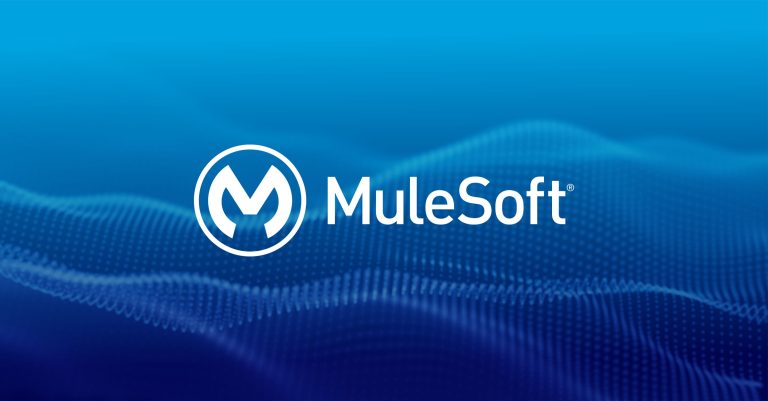MuleSoft has launched a suite of integration solutions designed to help developers and admins seamlessly integrate structured and unstructured data from their CRM and external systems. This enables AI agents and assistants to operate based on reliable data. By leveraging these integrations, companies can harness the full potential of Salesforce Data Cloud and Agentforce, enhancing personalization, scaling employee workloads, deepening customer relationships, and ultimately driving revenue.
Admins can now access MuleSoft, Salesforce, and Heroku APIs when building AI agents, connecting knowledge sources to Data Cloud, and utilizing out-of-the-box connectors for common systems and applications. Developers have the flexibility to create custom topics that dictate how AI agents perform tasks and can manage agents outside the Salesforce environment via MuleSoft AI Chain, an open-source project for connecting and orchestrating LLMs, vector databases, and APIs.
As customers demand quick and personalized service, companies must access all data sources to deploy AI agents effectively. Yet, 95% of IT leaders report integration challenges hindering AI adoption, creating a disconnect between required technology and achievable outcomes.
MuleSoft’s integration, automation, and API management solutions facilitate the use of AI agents within and outside Salesforce:
- Low-Code Integration: Admins can use pre-built connectors within Flow Builder to access org-to-org and third-party data securely. For instance, an autonomous sales agent can automatically create an invoice in QuickBooks when a new order is updated.
- Salesforce API Catalog: This repository includes APIs from Salesforce, MuleSoft, and Heroku, enabling admins to create new topics and enhance AI agent capabilities. For example, an inventory topic can be created using SAP integrations.
- MuleSoft Direct for Data Cloud: Users can easily deploy pre-built integrations from sources like Google Drive and Microsoft SharePoint directly into Data Cloud. Admins can connect product specs and internal FAQs, allowing these resources to inform AI prompts within Service Cloud for quicker, personalized responses.
- MuleSoft Topic Center: Developers can publish specific topics for Agentforce Agents based on integrations with third-party systems, enhancing response effectiveness. For example, a topic on hardware devices can help determine if an employee needs a laptop replacement.
- MuleSoft AI Chain: This open-source initiative allows developers to seamlessly interact with LLMs and APIs, creating tailored agents. For instance, a connector can link Jira to multiple LLMs, helping an agent diagnose and summarize issues while gauging customer sentiment.
“As organizations integrate AI agents into their operations, simplifying the connection between core systems and LLMs is essential,” says Andrew Comstock, VP of Product Management at MuleSoft. “With our latest innovations, we are paving the way for scalable, context-aware AI that empowers teams across the enterprise.”

